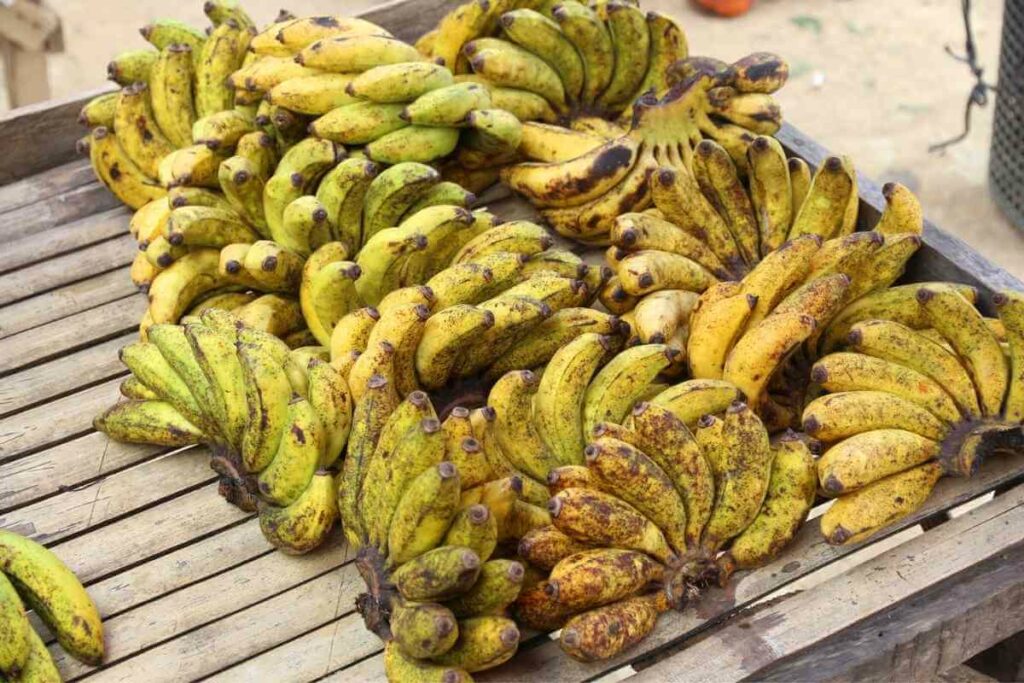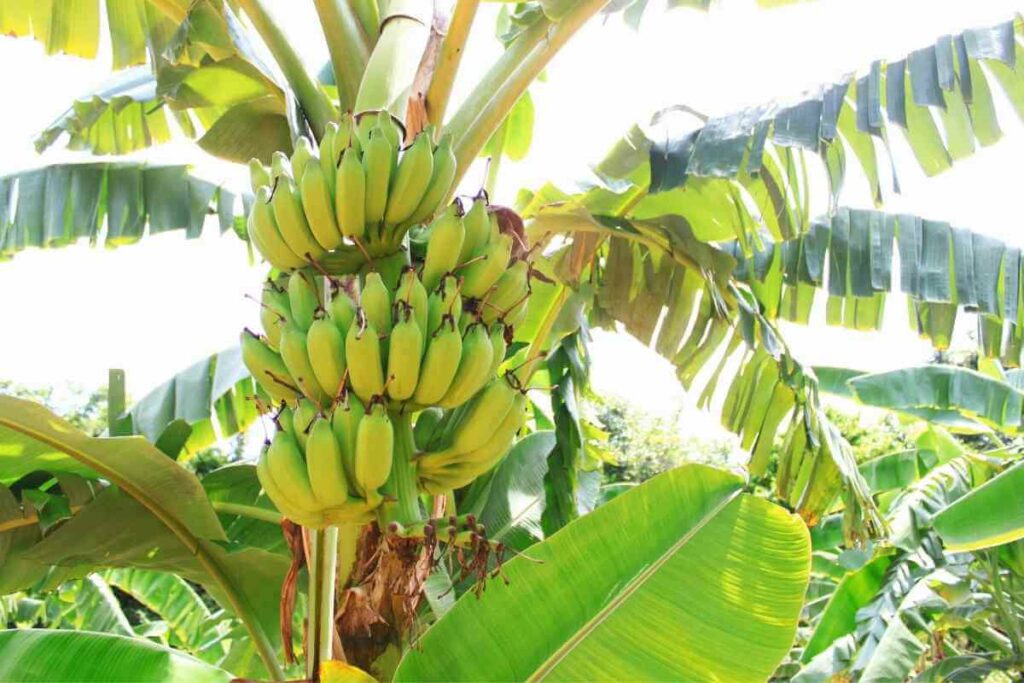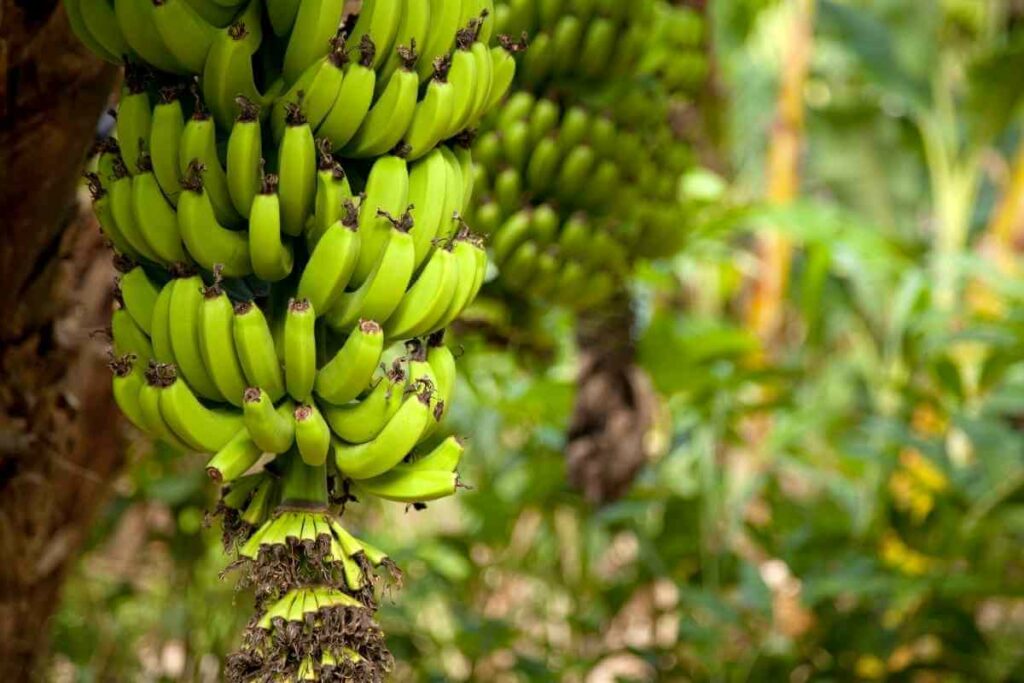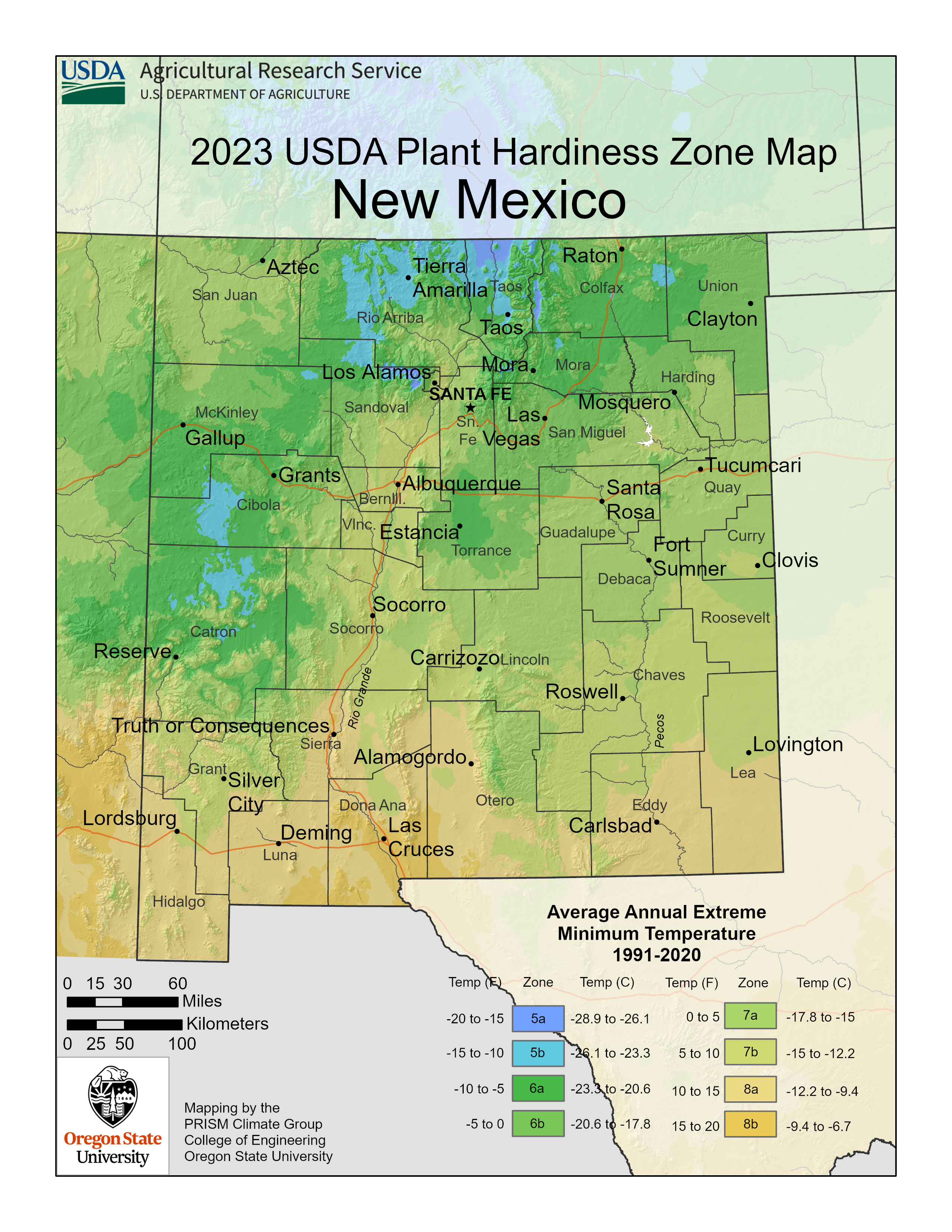Organic bananas are handled differently than regular bananas and will not have the same picture-perfect color.
Organic bananas rely on natural methods during their growth process, while regular bananas are grown with synthetic fertilizers and sprayed with pesticides and fungicides.
Most fruits release ethylene, a natural gas, as they ripen; this occurs the same to green bananas as they turn yellow.
Organic bananas turn yellow but don’t change color efficiently as other conventional bananas. For them to entirely turn yellow, it takes at least one week or two at most. However, there are some banana species that never turn yellow even when ripe.
How to Turn Organic Bananas Yellow Fast
To hasten ripening place your bananas in a brown bag, which is better than placing them in plastic bags.
This is because brown bag supplies the bananas with oxygen, unlike plastic bags, which will suffocate the fruits.

Putting the bananas on the bags traps the gas inside, speeding up the ripening process.
Placing the bananas alongside other ripe fruits with high-ethylene, for example, near ripe apples or other ripe bananas or in a warm moist environment with the correct temperatures and away from direct sunlight, would speed up the process.
Other factors that determine the ripening process are
- mechanical damage
- humidity
- peel thickness
- and humidity
Benefits of Eating Organic Yellow Bananas
- Improve blood sugar levels by dissolving soluble fibre.
- Essential for the kidney since they contain potassium which is vital for maintaining blood pressure and kidney health.
- Yellow organic bananas support the digestive system since they contain prebiotic and pectin fibre, which help prevent constipation and act as food for the bacteria in the large intestine.
- Reduce weight by filling the stomach with resistant starch reducing your appetite, and bananas have few calories but are rich in nutrition.
- Bananas have antioxidants such as amines and flavonoids, which help with heart diseases.
- Rich in nutrients, such as potassium, magnesium, vitamin C, Proteins, Carbohydrates, fats, and many others, are beneficial to the human body when consumed.
Why Organic Bananas Don’t Turn Yellow
Suppose the bananas are placed in a cold environment.
For them to ripen, fast it is advised to place them near a refrigerator and not inside since the coldness would slow down the ripening process.

On the other hand, placing them near would give it a warm moist environment which is a catalyst for the ripening process.
If the growth process is not complete or the banana is premature, the bananas will not turn yellow. If the organic bananas have sharp-cornered edges, then it is not fully grown and thus difficult for them to ripen.
Instead, look for organic bananas that are fading, indicating they were harvested at the correct stage.
Some organic bananas don’t change color when ripe, for example, Ebun musak, where one could tell if the fruits are soft and mushy by pressing with fingers.
If the fruits are not turning yellow, it is advised to taste the bananas since they might sit down there until they develop rotting.
Some people have purchased green bananas that, no matter what they do, never seem to ripen.
Organic bananas can be plucked a bit too early, in a state that does not enable them to ripen up. A highly green tint banana indicates this.
Key Takeaway: Organic bananas take at least one week to turn yellow. If the bananas are not yet ripened, give them an extra time of about two days.
How to Know If an Organic Banana Is Ripe?
Unripe bananas are not fit for consumption since they can cause digestive issues, tastes unpleasant, and the nutrients aren’t fully available.
Eating unripe bananas is also hazardous for your teeth.

Unripe bananas are starchy and might induce stomach upset. It will be sweet and tasty if you wait for the appropriate period for it to mature.
When you consume overripe bananas, they have begun to ferment, which causes stomach difficulties, does not taste good, and does not have the nutrients accessible at the appropriate time.
As a result, when you consume bananas, you must ensure that they are at the proper maturity:
- A yellow organic banana may appear to be ready to eat, but it will not reach its full potential until it has some brown spots on it. The dark patches show that the sugar level has increased throughout the ripening process.
- Ensure sure the brown spots are tiny and uniformly distributed throughout the banana and are not bruising. If you wait too long and the banana turns brown.
- Unripe organic bananas are bad for your teeth because they are starchy and get trapped between them. When you squeeze a significantly softer organic banana, it indicates that the banana is most likely ripe.
On the other hand, when a banana becomes overripe, the stem generally snaps off simply by moving the fruit.
The peel of a ripe organic banana should easily peel off. If it’s difficult, that means it’s unripe.
If the peel of a banana slides off without making much of a noise, it’s usually fine to eat unless it’s overripe.
How to Tell If Your Banana Is Organic or Inorganic in the Ripening Process
Like many fruits, organic bananas ripen naturally using their ethylene gas, while non-organic bananas are sprayed with ethylene gas to speed up the ripening process.

Most farmers are advised to use more natural means to ripen the bananas, such as placing them under other ripe fruits.
How to tell the difference:
- Some people claim that organic bananas have a better taste and more nutrient levels than inorganic bananas since they are grown more naturally.
- Regular bananas are more sensitive and bruise easily when handled without care, unlike organic bananas, which are primarily unripe thus have a strong peel.
- Organic bananas are considered safe since they are not sprayed with pesticides and fertilizers like inorganic bananas.
- Most organic bananas are not fully ripe when bought, unlike regular bananas, which are fully ripe since they are sprayed with ethylene gas which causes them to be ripe faster than organic bananas.
- Organic bananas are easily infected with fungus and pests, while regular bananas are sprayed with pesticides to kill the pests and fungus.
Final Thought
A few organic bananas never turn yellow when ripe, though most do take on varied shades of yellow.
They also have a lighter tint of green. So double-check that you aren’t waiting for your organic bananas to get worse instead of ripe.
Organic bananas are not sprayed but instead produce natural ethylene gas as part of the ripening process.
When organic bananas are placed in a plastic bag, they ripen faster because they are surrounded by the gases they emit.
You may test for maturity by peeling the organic bananas, tasting, squeezing and checking for black spots.
The most typical reason most organic bananas aren’t turning any shade of yellow is that they were harvested early before the right time.


